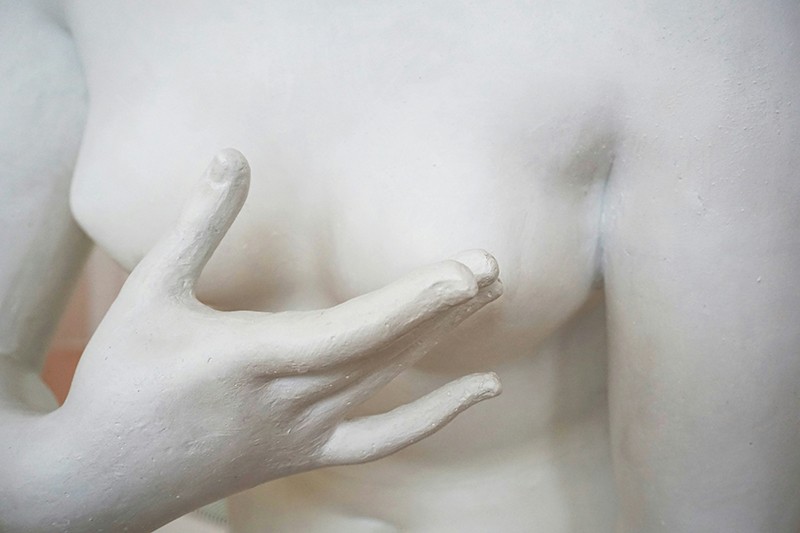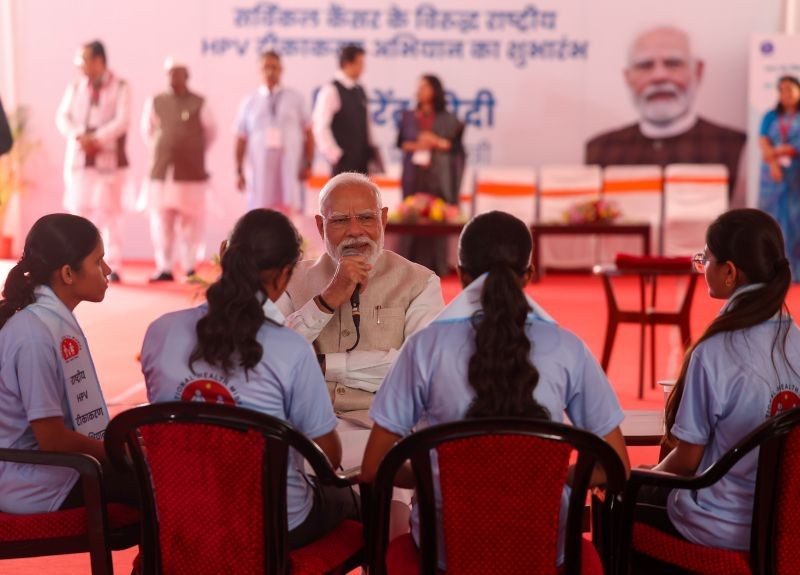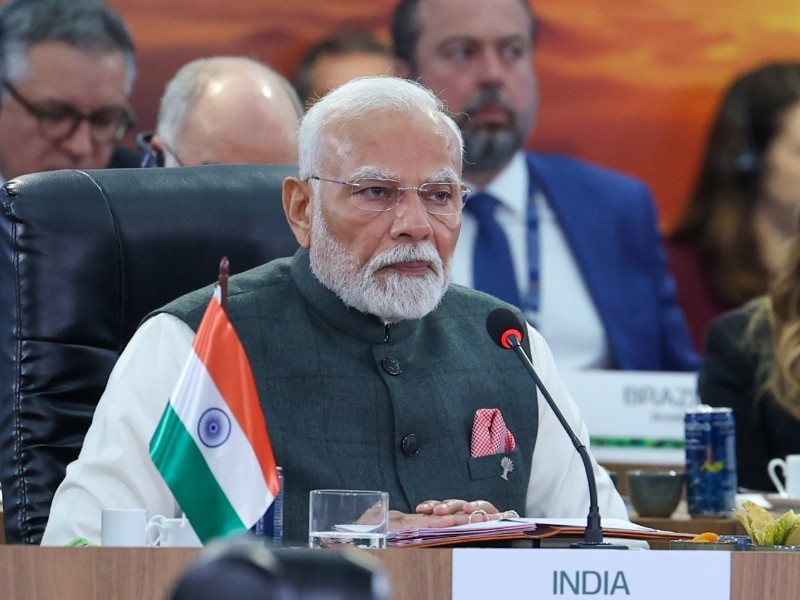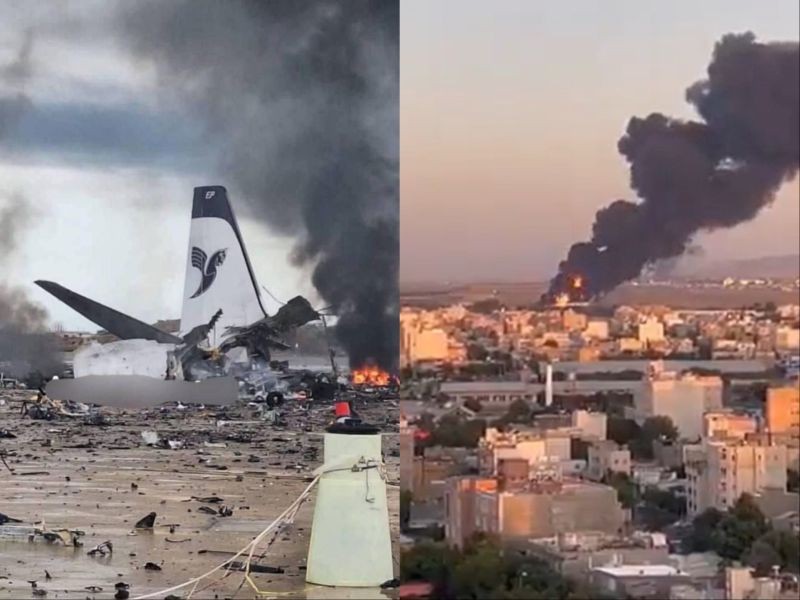GRAP-4 restrictions back in Delhi after AQI inches closer to 'severe' category
New Delhi/IBNS: As the air quality index in Delhi is coming close to the 'severe' category once again, the Commission for Air Quality Management, has reimposed stricter pollution curbs in the capital and the National Capital Region, under GRAP-3 and GRAP-4.
Curbs under GRAP-3 were revoked on Sunday and the measures under GRAP-4 were not imposed since December 24.
In its order, the Commission for Air Quality Management (CAQM) said the AQI in Delhi, which was at 275 on Tuesday, rose sharply to 386 on Wednesday due to dense fog and low temperatures leading to “extremely low mixing height and ventilation coefficient for dispersion of pollutants”.
It noted that the AQI had climbed to 396 at 6 pm and was likely to breach the 400 mark.
"Accordingly, in an effort to prevent further deterioration of the air quality and in pursuance of the Hon'ble Supreme Court's directives, the Sub Committee on GRAP hereby decides to straightway invoke ALL actions under Stage-III ('Severe' Air Quality of Delhi) & also Stage-IV ('Severe+' Air Quality of Delhi) of extant Schedule of GRAP, with immediate effect in right earnest by all the agencies concerned in Delhi-NCR, in addition to the Stage-I and II actions already in force," the CAQM said in its order.
The Supreme Court had earlier ordered that GRAP Stage 3 measures should be implemented if the AQI exceeds 350 and Stage 4 measures reintroduced if it crosses 400.
What does the GRAP 4 measure mean?
The government can stop the entry of truck traffic into Delhi and ban all construction and demolition activities for linear public projects such as highways, roads, flyovers, overbridges, power transmission, pipelines, telecommunication etc.
The government can discontinue physical classes.
It can also take a call on whether to allow public, municipal and private offices to work on 50% strength and the rest to work from home.
State governments may consider additional emergency measures like the closure of colleges/educational institutions and closure of non-emergency commercial activities, permitting the running of vehicles on the odd-even basis of registration numbers etc.
Children, the elderly, and those with respiratory, cardiovascular, cerebrovascular, or other chronic diseases to avoid outdoor activities and stay indoors.
IBNS
Senior Staff Reporter at Northeast Herald, covering news from Tripura and Northeast India.
Related Articles

Breast cancer cases expected to reach over 3.5 million globally by 2050: Study
Despite recent advancements in breast cancer treatments, new breast cancer cases in women are predicted to rise by a third globally from 2.3 million in 2023 to more than 3.5 million in 2050. Similarly, yearly deaths from the disease are projected to surge 44%, from around 764,000 to 1.4 million, with disproportionate impact in countries with limited resources, according to a major new analysis from the Global Burden of Disease Study Breast Cancer Collaborators, published in The Lancet Onco...

Modi launches nationwide HPV vaccine drive, calls it a game-changer for India’s daughters
Prime Minister Narendra Modi launched the nationwide HPV vaccination campaign from Ajmer, Rajasthan, describing it as a pivotal step toward empowering India’s ‘Nari Shakti’ (women power) and ensuring the health of mothers and daughters.

Big health push! PM Modi to launch nationwide HPV vaccine drive from Rajasthan tomorrow
Indian PM Narendra Modi will launch the nationwide Human Papillomavirus (HPV) Vaccination Programme for 14-year-old girls on Saturday at 11:30 am from Ajmer, Rajasthan.

Is academic pressure driving teens into depression? Study raises alarm
Pressure to achieve at school at age 15 is linked to depressive symptoms and risk of self-harm, and the association appears to persist into adulthood, finds a study led by UCL researchers.
Latest News

Parked Iranian aircraft destroyed at Bushehr as US-Israel strikes intensify: Report

Explosions rock Dubai, Doha as Iran escalates drone and missile strikes

Drone strikes hit Amazon data centers in UAE, Bahrain amid ongoing Middle East conflict

Aamir Khan, Hrithik Roshan step in to mediate after Ranveer Singh’s exit from Don 3

